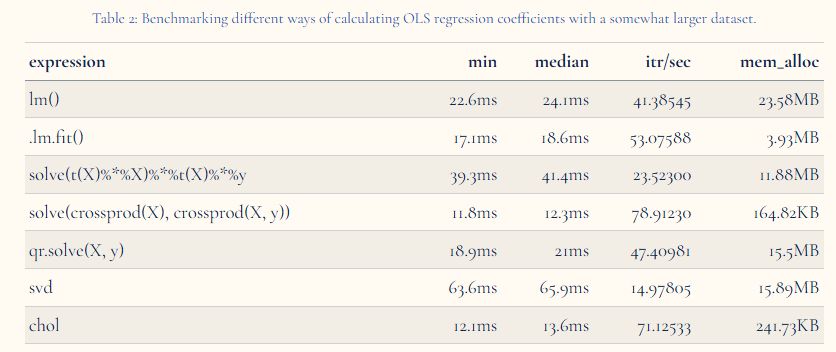by Cyrus Samii
Reposted by: Cyrus Samii
by Cyrus Samii
Reposted by: Cyrus Samii, David Darmofal

by Cyrus Samii
Reposted by: Cyrus Samii

Reposted by: Cyrus Samii, Caroline Krafft
@voxdev.bsky.social has tons of useful resources for university economics courses - I have included some examples in this thread. 1/n
by Cyrus Samii
by Cyrus Samii
by Cyrus Samii
Reposted by: Cyrus Samii, Stephen P. Jenkins, Steven N. Durlauf , and 25 more Cyrus Samii, Stephen P. Jenkins, Steven N. Durlauf, Dave O’Brien, Michael A. Clemens, Mark J. Brandt, Lorraine Dearden, Rafael H. M. Pereira, Lesley A. Hall, Rebecca Sear, Valerie Mueller, Adam Gamoran, Melanie C. Green, Max Nathan, Julia Lynch, Miguel Á. Malo, Maria Abreu, Rachel S. Franklin, David Bartram, Marco Albertini, Rense Corten, Jill A. Jacobson, Stefanie Mollborn, Jon Dean, Alexandra Cirone, Jake Anders, Evan Roberts, David Darmofal
Apply by: 10 Oct
www.ucl.ac.uk/work-at-ucl/...
by Cyrus Samii
Reposted by: Cyrus Samii
www.tandfonline.com/doi/full/10....

by Cyrus Samii
by Cyrus Samii
www.aeaweb.org/articles?id=...
www.journals.uchicago.edu/doi/abs/10.1...
by Cyrus Samii
by Cyrus Samii
by Cyrus Samii
www.nytimes.com/2025/08/06/m...

Reposted by: Cyrus Samii
A General Design-Based Framework and Estimator for Randomized Experiments (Harshaw, S\"avje, Wang) We describe a design-based framework for drawing causal inference in general randomized experiments. Causal effects are defined as linear functionals evaluated at unit-level potential outcom
by Cyrus Samii
by Cyrus Samii
by Cyrus Samii
Reposted by: Cyrus Samii

Reposted by: Cyrus Samii
Finite Population Identification and Design-Based Sensitivity Analysis (Kline, Masten) We develop an approach to sensitivity analysis that uses design distributions to calibrate sensitivity parameters in a finite population model. We use this approach to (1) give a new formal analysis of
Reposted by: Cyrus Samii
privately-funded research in for-profit companies, watch this:
www.youtube.com/watch?v=Ar0z...
The topic is the "de-extinction of the dire wolf", but the message applies beyond it. (Think "AI".)

Reposted by: Cyrus Samii

Reposted by: Cyrus Samii
Reposted by: Cyrus Samii
Design-based Estimation Theory for Complex Experiments (Chang) This paper considers the estimation of treatment effects in randomized experiments with complex experimental designs, including cases with interference between units. We develop a design-based estimation theory for arbitrary e
Reposted by: Cyrus Samii, Koen Van Den Berge
In this post, I explain different approaches for solving linear regression in R: directly, using QR, singular value and Cholesky decompositions, and do some benchmarking for comparison with in-built approaches.
thomvolker.github.io/blog/2506_re...
